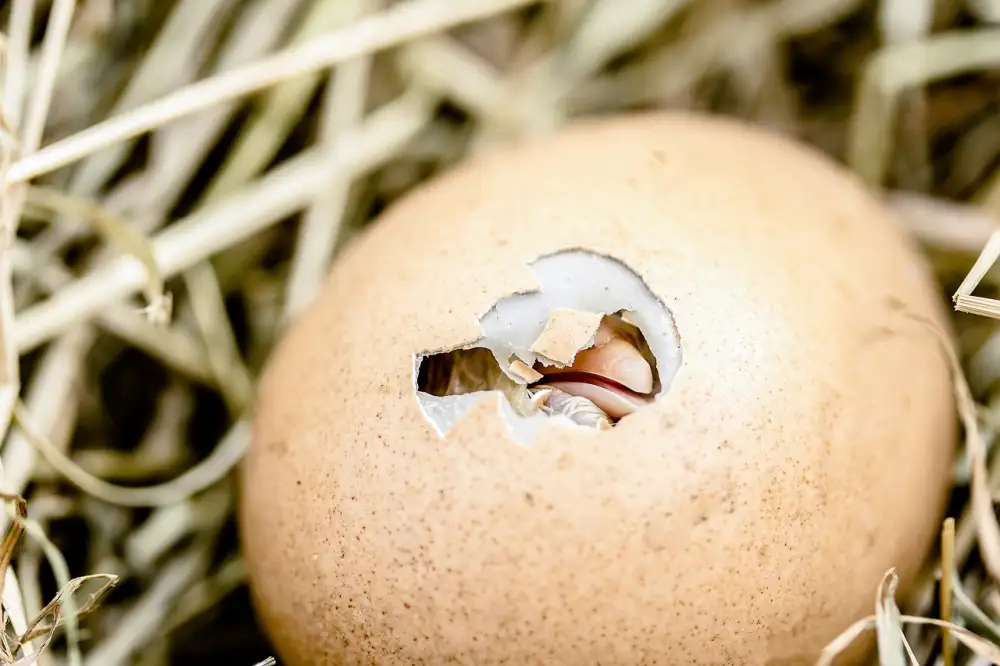Safe Storage of Eggs: How Long Can Eggs Sit Out at Home?

Proper egg storage is crucial for maintaining their freshness and safety. Eggs are a staple in many households, but if not stored correctly, they can spoil quickly and pose health risks. By understanding the factors that affect the shelf life of eggs and implementing safe storage practices, you can ensure that your eggs stay fresh for longer periods. In this article, we will explore how long eggs can sit out at room temperature, what factors influence their shelf life, and provide tips on determining if they are still safe to consume. Let's dive in and learn how to keep our eggs fresh and delicious!
The shelf life of eggs at room temperature
The shelf life of eggs at room temperature can vary depending on various factors. Generally, eggs can be kept at room temperature for up to two hours without any issues. However, it is important to note that this time frame may be shorter in warmer climates or during hot weather. After two hours, it is recommended to refrigerate the eggs to maintain their freshness and safety. Keeping eggs at room temperature for extended periods can increase the risk of bacterial growth and spoilage. Therefore, it is best to consume or refrigerate eggs promptly to ensure their quality and minimize any potential health risks.
Factors that affect the shelf life of eggs
Several factors can affect the shelf life of eggs. One important factor is temperature. Eggs should be stored in a cool place, as heat can accelerate spoilage. Another factor is humidity. Eggs should be stored in a dry environment to prevent the growth of bacteria. The age of the egg also plays a role, as fresher eggs tend to have a longer shelf life. Finally, proper handling and storage practices are crucial. Eggs should be handled with clean hands and stored in their original carton to protect them from contamination.
How to determine if eggs are still safe to consume
To determine if eggs are still safe to consume, there are a few simple tests you can perform. First, check the expiration date on the carton. If the eggs are past their expiration date, it's best to discard them.
Next, conduct a visual inspection. Look for any cracks or leaks in the shell, as this could indicate bacterial contamination. Additionally, check for any unusual odors coming from the egg.
Lastly, you can perform the water test. Fill a bowl with cold water and gently place the egg in it. If it sinks to the bottom and lays flat on its side, it is fresh and safe to eat. If it stands upright or floats to the top, it is no longer fresh and should be discarded.
Remember, when in doubt, it's better to err on the side of caution and dispose of any questionable eggs rather than risk foodborne illness.
Safe storage options for eggs
Safe storage options for eggs include keeping them in the refrigerator. The cool temperature helps to slow down the growth of bacteria and keeps the eggs fresh for a longer period. It is recommended to store eggs in their original carton, as it provides protection and prevents any potential contamination. Avoid storing eggs on the refrigerator door, as the temperature fluctuates there. Additionally, if you have leftover egg yolks or whites, transfer them to an airtight container and refrigerate them separately from whole eggs. By following these storage practices, you can ensure that your eggs remain safe and maintain their quality for a longer time.
Tips for extending the shelf life of eggs
To extend the shelf life of eggs, there are a few simple tips you can follow. First, store eggs in their original carton in the refrigerator, as this helps to maintain their freshness. Avoid placing them on the refrigerator door where they may be exposed to temperature fluctuations.
Another tip is to keep eggs away from strong-smelling foods like onions or garlic, as they can absorb these odors easily. It's also important to handle eggs with clean hands and avoid cracking them until you're ready to use them.
If you have extra eggs that you won't be able to consume before they expire, consider freezing them. To do this, crack the eggs into a bowl and gently whisk them together. Pour the mixture into an airtight container or ice cube tray and freeze. These frozen eggs can be used for baking or cooking purposes later on.
Lastly, it's best to consume eggs within their recommended expiration date for optimal freshness and safety. By following these tips, you can ensure that your eggs stay fresh for longer periods of time and reduce the risk of any foodborne illnesses associated with expired eggs.
In conclusion, it is crucial to prioritize the freshness and safety of eggs at home. By understanding the importance of proper egg storage, we can ensure that our eggs remain safe for consumption. Remember that eggs should not be left out at room temperature for more than two hours. Factors such as temperature, humidity, and handling practices can affect the shelf life of eggs. To determine if eggs are still safe to consume, conduct a simple float test or check for any signs of spoilage. Safe storage options include refrigeration and keeping them in their original carton. Additionally, implementing tips like avoiding extreme temperature changes and washing eggs just before use can help extend their shelf life. By following these guidelines, you can enjoy restaurant-quality food made with fresh and safe eggs in the comfort of your own home.
Published: 10. 01. 2024
Category: Home



